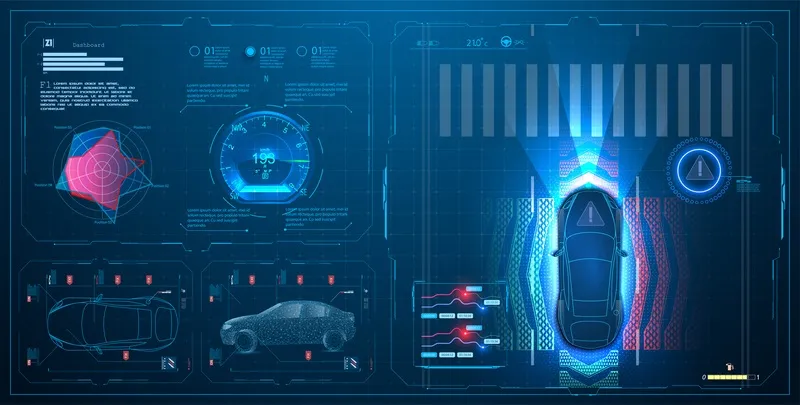Transport Research Laboratory (
Matthias Seidl, senior researcher - vehicle safety & regulation at TRL, says the advanced safety measures will protect all road users.
“Intelligent speed assistance and drowsiness and distraction recognition will support drivers in their ongoing tasks, autonomous emergency braking and emergency lane keeping will intervene in the most critical situations to avoid a crash and improved crash tests will ensure that injuries of occupants as well as pedestrians and cyclists are minimised in the remaining collisions,” Seidl adds.
The standards were approved by members of the European Parliament’s Committee on Internal Market and Consumer Protection (IMCO).
Richard Cuerden, head of TRL’s Academy, says: “We are pushing very hard for relevant and practicable standards to be introduced for our vehicles, not only in the UK but across Europe.”
In 2014, TRL began working on behalf of the European Commission (EC) to assess the feasibility of the measures and assembled a group of unnamed car manufacturers, non-governmental organisations, governments and safety organisations.
TRL hosted a forum to analyse each safety measure and allow group members to offer feedback for consideration.
Looking ahead, TRL has been chosen by the EC to help develop the technical rules for the new systems
TRL develops vehicle safety standards for Europe
Transport Research Laboratory (TRL) has developed new vehicle safety standards which it claims will save 25,000 lives and assist European countries in the development of autonomous vehicles (AVs).
Matthias Seidl, senior researcher - vehicle safety & regulation at TRL, says the advanced safety measures will protect all road users.
“Intelligent speed assistance and drowsiness and distraction recognition will support drivers in their ongoing tasks, autonomous emergency braking and emergency lane keeping wi
February 28, 2019
Read time: 2 mins








